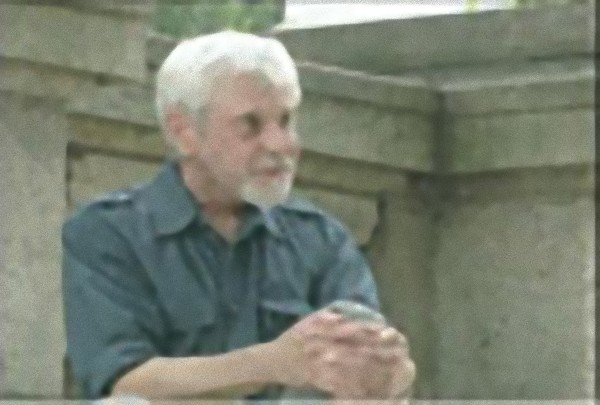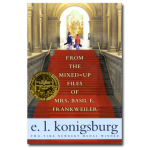

I learn something new every day! Caramel is reading Out of Darkness: The Story of Louis Braille, written by Russell Freedman and illustrated by Kate Kiesler He is on the page where the Braille alphabet is being described.Ĭ: If you like biographies, you would probably like this book. But apparently they still use leeches for some medical purposes!Ĭ: I did not know that! That is so strange. They did use leeches for some medical purposes, which is weird. But he was living in the first half of the nineteenth century, and they did not have antibiotics or anything else to fight infections with.Ĭ: Yes. And also because the infection could probably be cured today. It is a sad accident that leads to the loss of one eye and the infection on the other eye. He could see at some point but when he was four, one of his eyes got poked out and his other eye got infected and he lost both. Tell us about him a bit.Ĭ: Louis Braille was not born blind.

S: So you learned about his life from this book. I had heard of the Braille alphabet, and I thought it was probably invented by someone named Braille, but I did not know anything else about Braille. S: Did you know about him before reading the book?Ĭ: No. The Braille alphabet is used by people who cannot see to read and write. Braille is the person who invented the Braille alphabet. Sprinkles: Caramel, tell me a bit about this book.Ĭaramel: This book is about the life of Louis Braille. Caramel reviews Out of Darkness: The Story of Louis Braille, written by Russell Freedman and illustrated by Kate Kiesler. As usual Sprinkles is taking notes and asking questions. Details of the final acts of Lincoln's life and of his burial are quietly moving.Today Caramel wanted to talk about Out of Darkness: The Story of Louis Braille, written by Russell Freedman and illustrated by Kate Kiesler. In the final chapter, Lincoln's assassination is described vividly but without exaggeration. Children who read this book will gain an understanding of some of the personal, economic, and political ramifications of slavery and liberty. Freedman accurately portrays the thorny problems that challenged Abraham Lincoln and the country in the mid-1800s. Young readers often understand only that people were for or against it. The issues surrounding slavery in 19th-century America are not always fully explained in children's literature. He knows when to add an explanation and when to keep his sentences short and to the point.

Although he covers hefty political and social material, he does not mire himself in detail. Freedman understands child readers as well as he understands history and writing. Russell Freedman deftly digs through layers of hero worship and reveals the unpolished, moody, intelligent, and tenderhearted man who was one of America's most important presidents.


 0 kommentar(er)
0 kommentar(er)
